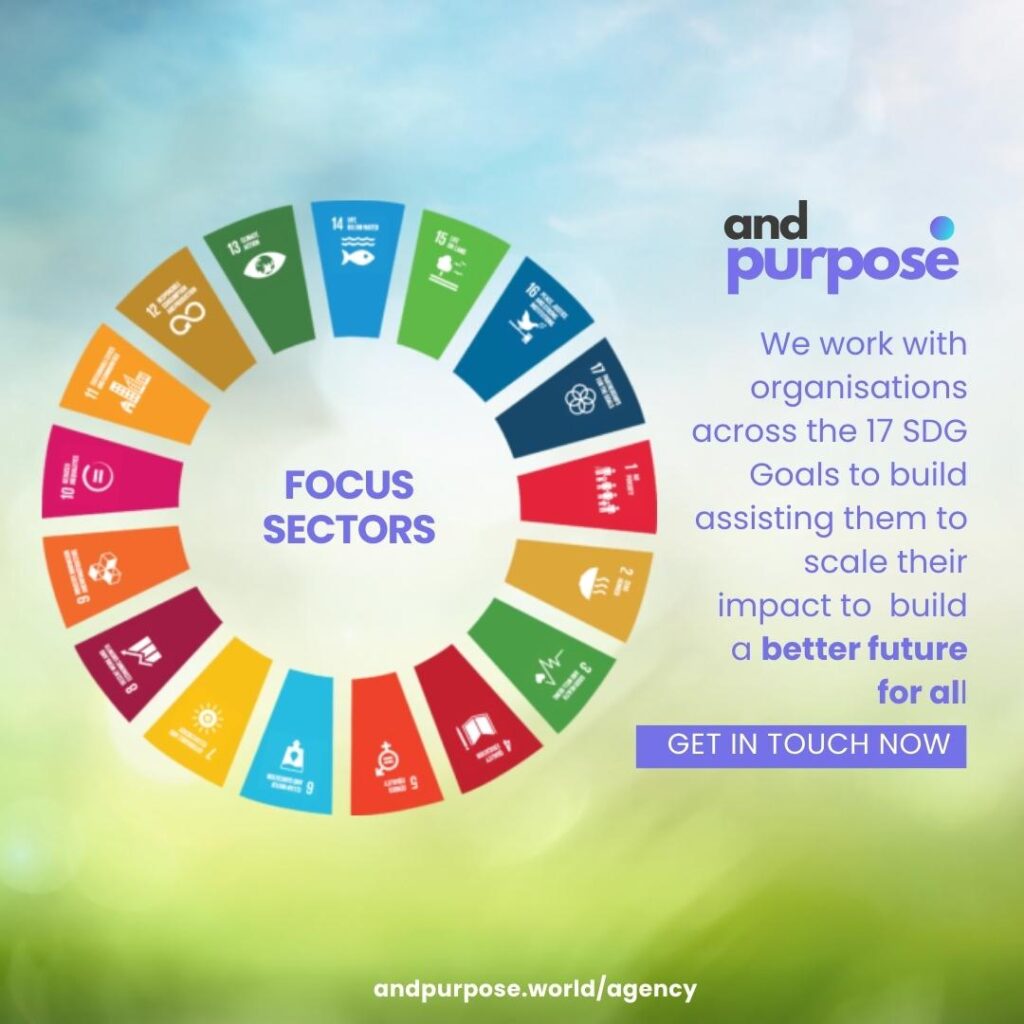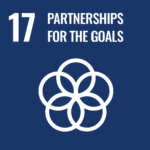About Organisation
UNICEF – the United Nations Children’s Fund – is a global organization dedicated to improving the lives of children and communities through health, nutrition, education, and sustainable development programs. UNICEF works in over 190 countries, partnering with governments, civil society organizations, and communities to address urgent needs and build resilience. In India, UNICEF focuses on improving access to essential services, such as clean water, sanitation, and climate-resilient infrastructure, particularly in underserved rural areas. The organization is committed to integrating innovative solutions, scientific research, and community participation to create long-lasting change. UNICEF promotes inclusive development by supporting gender equality, environmental sustainability, and disaster preparedness. Its programs are guided by a rights-based approach, ensuring that every child’s well-being is at the heart of its interventions. By working closely with local partners, UNICEF strengthens capacity-building, knowledge-sharing, and policy development to tackle complex challenges such as climate change, malnutrition, and inadequate healthcare. UNICEF’s climate initiatives aim to reduce vulnerabilities, improve disaster resilience, and ensure equitable access to resources. With decades of expertise, UNICEF continues to be a global leader in promoting sustainable development solutions that benefit children, families, and the broader environment.
About the Grant
The “Enhancing Climate Resilience in Rural Water Supply Systems, Madhya Pradesh” initiative by UNICEF India aims to improve water security in vulnerable rural communities. The program focuses on integrating climate-resilient strategies into water supply systems, particularly in the districts of Ratlam and Dhar, which are prone to climate-related risks. The grant supports projects that assess climate risks, design sustainable water infrastructure, and develop robust service delivery mechanisms that ensure long-term access to safe drinking water. Emphasis is placed on reducing greenhouse gas (GHG) emissions and promoting environmentally responsible practices. The initiative also encourages the development of standard operating procedures (SOPs) for planning, monitoring, and evaluating water supply systems under changing climatic conditions. Capacity-building among stakeholders—including local communities, government bodies, and service providers—is a key component, enabling effective implementation and sustainability. Furthermore, the grant seeks projects that document lessons learned, which can be scaled and replicated in other regions. By adopting a holistic framework that combines scientific risk assessment, sustainable design, and inclusive governance, the grant aligns with UNICEF’s mission to foster resilience, sustainability, and equitable access to essential services in rural areas.
Who can Apply?
Eligible applicants for this grant are nonprofit organizations operating within Madhya Pradesh, India, with a focus on rural water supply systems. Organizations must demonstrate experience in water, sanitation, and climate adaptation projects. Preference will be given to applicants working in the districts of Ratlam and Dhar, where climate risks threaten water security. Applicants should possess technical knowledge of climate-resilient infrastructure, risk assessment, sustainable design, and GHG reduction strategies. Experience in building local capacity, working with government agencies, and implementing monitoring and evaluation frameworks will strengthen proposals. Organizations are expected to collaborate with local communities, ensuring their participation in planning and implementation processes. Projects that document best practices and create replicable models are highly encouraged. Additionally, applicants should show a commitment to environmental sustainability, gender inclusion, and social equity in water management. The ability to institutionalize processes through standard operating procedures (SOPs) is essential. Organizations must be legally registered and compliant with local regulations. A proven track record of delivering water or climate-related interventions in rural settings will be critical for evaluation. This grant is designed to support projects that can contribute to long-term solutions for climate-resilient water systems, ensuring access to safe water for vulnerable populations.
How to Apply?
Interested organizations must submit a detailed proposal highlighting their experience, project plan, and approach to climate resilience in rural water supply. The proposal should address climate risk assessments, sustainable designs, and stakeholder engagement. Applications must include a budget outline and implementation timeline. Proposals should be aligned with UNICEF’s goals and the specific needs of the targeted districts. Incomplete or late submissions will not be considered.
Application Deadline
Applications must be submitted by the stated deadline. Ensure that all required documents, plans, and budgets are included before the cutoff to be eligible for review and selection.
Last Date To Apply
For more information, please visit the grant website here.









